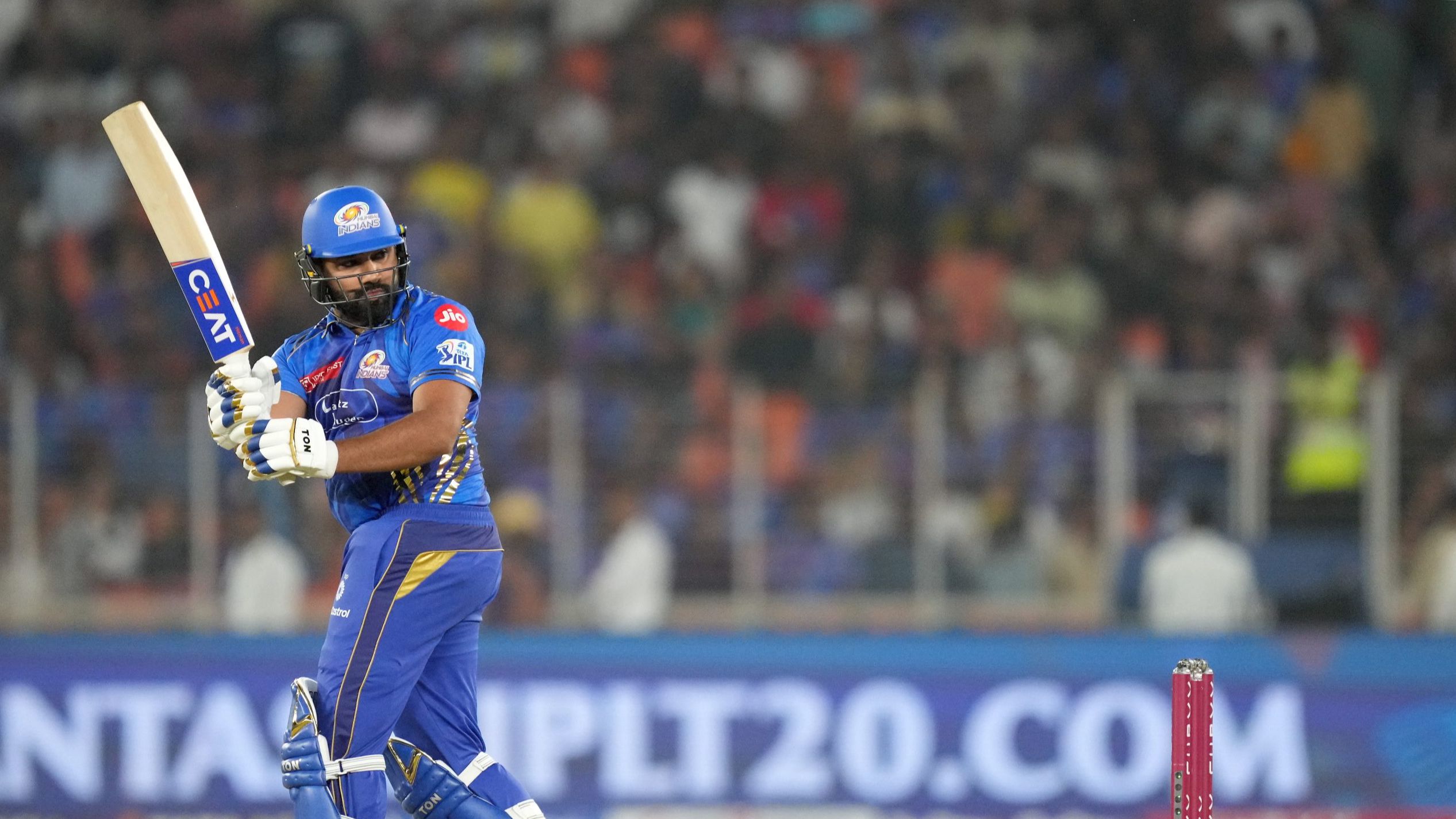The Aurangabad bench of the Bombay High Court set aside the conviction of a 21-year-old labourer sentenced to life imprisonment for raping a six-year-old girl in 2018 and raised concern over ‘utter disregard’ shown by the police and medical experts in following guidelines in collecting evidence.

The Bombay High Court granted relief to a 21-year-old labourer from Parbhani, who sought quashing of a life sentence order against him for allegedly raping a six-year-old girl.
The Aurangabad bench of the Bombay High Court has directed the Maharashtra government to form guidelines to identify culprits in Protection of Children from Sexual Offences (Pocso) Act cases without disclosing the identity of the victim.
The court said this while granting relief to a 21-year-old labourer from Parbhani, who sought quashing of a life sentence order against him for allegedly raping a six-year-old girl. While setting aside the life sentence, the bench noted that the prosecution had failed to prove the case against him beyond reasonable doubt.
“â€æand to further suggest Standard Operating Procedure to be adopted, keeping in mind the aspect of confidentiality of details of victim and also suggest necessary precautionary measures to be taken while making victim participate in TI (Test Identification) parade for identifying perpetrator, with requisite infrastructural set up for the same,” the bench of Justices Vibha Kankanwadi and Abhay Waghwase said.
While directing periodic sensitisation programmes for all the stakeholders in cases of investigation pertaining to sexual offences, the bench noted that time and again the police machinery and forensic experts had shown “utter disregard” to the compliance of the Standard Operating Procedures (SOPs) to be adopted during collection of biological and non-biological evidence and its preservation to avoid degradation. “This reflects a very insensitive attitude by all stakeholders like medical experts, police machinery etc,” said the bench.
The court was hearing a 21-year-old labourer’s plea in a case registered in November 2018. The accused accosted the victim girl while she was returning from home and took her to an abandoned building nearby where he allegedly raped her.
The girl returned home and revealed the incident to her father, who later lodged a complaint. The police, after carrying out a probe, arrested the man.
The man, in his appeal, claimed he was wrongly implicated in the case and that the girl had given vague identification of the alleged perpetrator and that he was arrested only based on suspicion.
He also claimed that there were lapses and deviations by the medical experts, police machinery and forensic experts while collecting evidence in the case, thus, rendering the same doubtful.
Such authorities need to keep themselves well-informed and updated on the guidelines issued by the Health and Home Ministry of the government of India, the bench added.
The bench in its order noted that there was non-compliance with the Standard Operating Procedure (SOP) laid down by the government for collection, maintenance and safe custody of both, biological and non-biological evidence gathered during investigation.
It added that due to all these reasons, though a serious offence has been committed on a minor, the major lapses and defects have rendered the entire evidence doubtful and so cannot be made the basis of conviction.
Published By:
Poulami Kundu
Published On:
Dec 21, 2023













 English (US) ·
English (US) ·